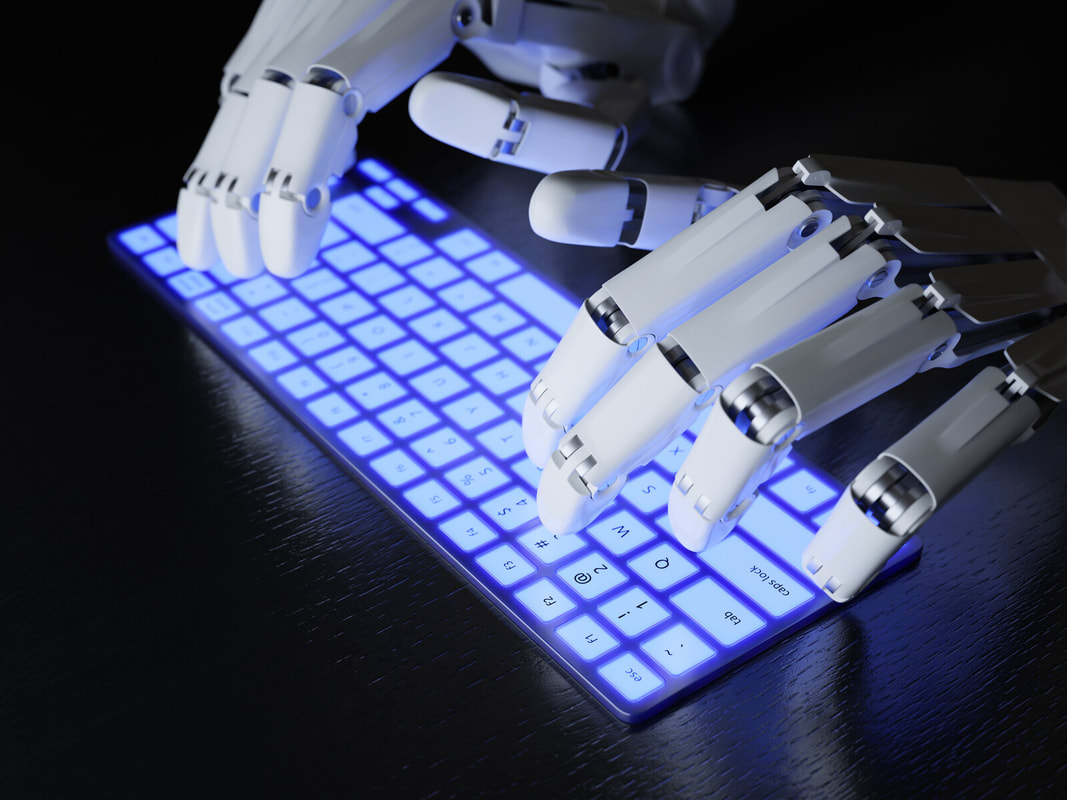|
In the burgeoning age of Artificial Intelligence (AI), questions about its potential to mimic, surpass or even replace human faculties have arisen. A focal point of this debate hinges on creativity and intuition - two aspects traditionally viewed as hallmarks of human uniqueness. Can a machine ever possess an artist's flair, a poet's soul, or the intuitive grasp of a master chess player? The AI Revolution: A Brief Overview
Before we delve into the depths of this question, it's crucial to understand the leaps AI has made. With Deep Learning, Neural Networks, and other advanced techniques, we've seen AI paint pictures, compose music, and even pen poetry. Systems like DeepMind's AlphaGo displayed seemingly 'intuitive' moves against human Go champions, making many wonder about the nature of AI capabilities. The Case For AI's Potential in Creativity and Intuition 1. Mimicking Human Processes: Through techniques like neural networks, AI mimics the structure of the human brain, processing vast amounts of information at breathtaking speeds. If our brain can produce creativity and intuition, some argue, so can an advanced neural network. 2. Data Processing Equals Creativity?: With the ability to access, analyse, and find patterns in enormous datasets, AI has the potential to 'see' connections that might elude human artists or innovators. 3. Existing Achievements: OpenAI's MuseNet composes original songs in a variety of styles, Jukebox produces new music in the style of existing artists, and AI art has been auctioned at Christie’s. These accomplishments provide tangible evidence of AI's capabilities in the realm of creativity. The Case Against AI's True Creativity and Intuition1. Defining Creativity: Can we truly call AI's outputs 'creative'? Creativity isn't just about pattern recognition or output based on input data. It involves emotions, experiences, and the mysterious spark that makes each piece unique. AI can replicate styles, but can it feel the soul of its creation? 2. Intuition is More Than Just Fast Calculations: A chess grandmaster’s intuitive move or a doctor's gut feeling isn't just about rapid computation or pattern recognition. It's a culmination of years of experience, emotional intelligence, and sometimes inexplicable factors. 3. Limitations of Learning Models: No matter how advanced, AI operates within its programming and the data it's fed. Human intuition, on the other hand, can transcend learned experiences. The Middle Ground: Augmentation Rather Than Replacement 1. Collaboration is Key: AI and humans bring unique strengths to the table. Instead of seeing AI as a replacement, envisioning a future where AI tools augment human creativity might be more plausible. AI can handle data-heavy tasks, while humans focus on nuanced, emotion-driven aspects. 2. Learning from Each Other: AI can introduce humans to patterns or styles they might not have considered, enriching human creativity. Conversely, humans can teach AI about the ineffable qualities that make art truly resonate. Conclusion While AI's advancements in mimicking creativity and intuition are impressive, it's crucial to remember that these are human constructs, rooted in our emotions, experiences, and consciousness. The balance of evidence suggests that while AI can imitate and augment our creative processes, the truly soulful, deeply intuitive aspects of human creativity remain irreplaceable. Ultimately, the most fruitful path might be one of collaboration, where we harness the strengths of both AI and human ingenuity, ushering in a new era of innovation and artistry.
0 Comments
Leave a Reply. |
Future Point 4 BusinessWe work with you for the ideal future point of your business. Archives
July 2024
Categories |

